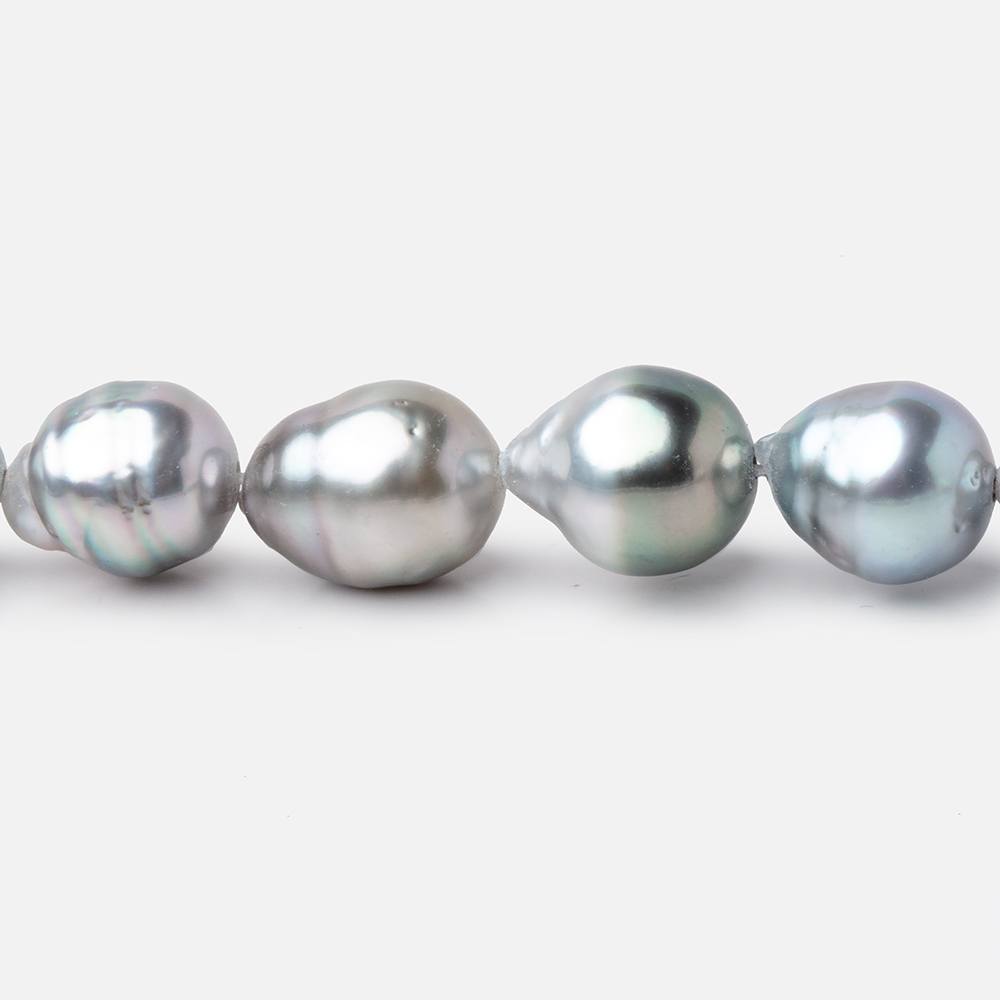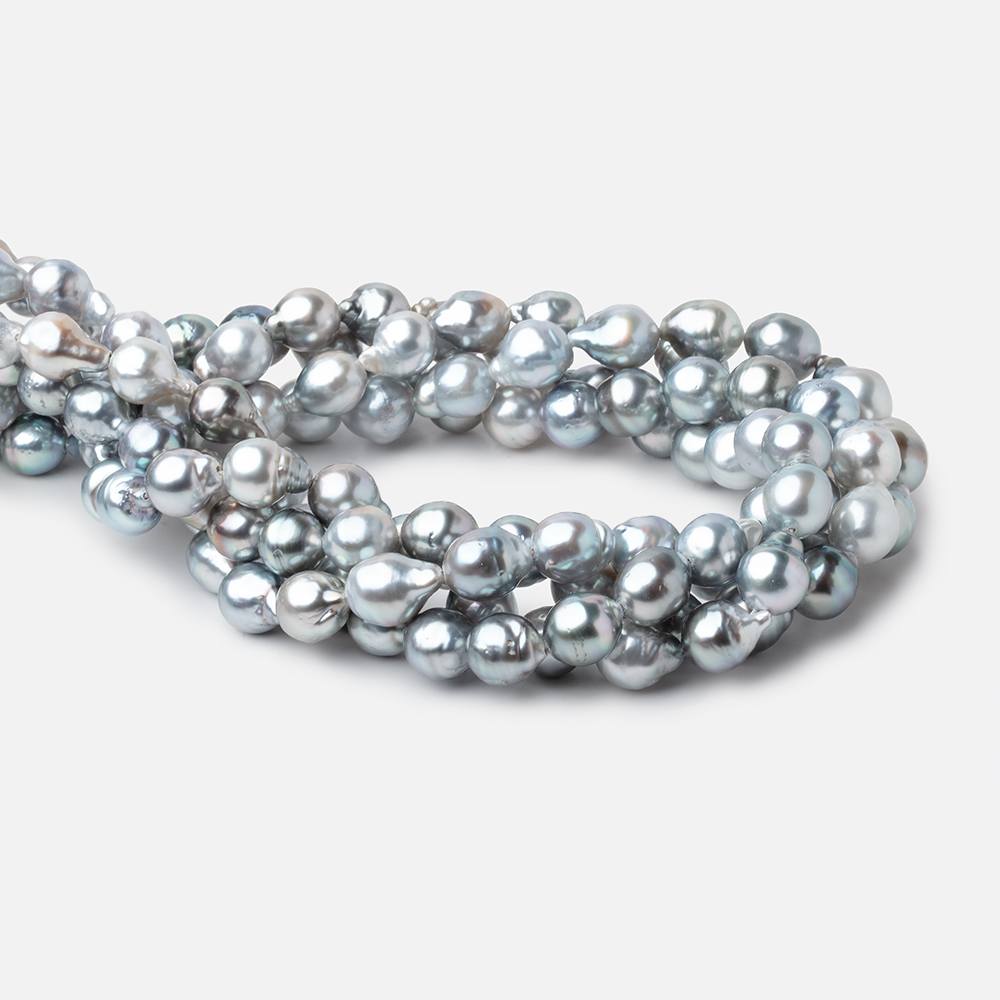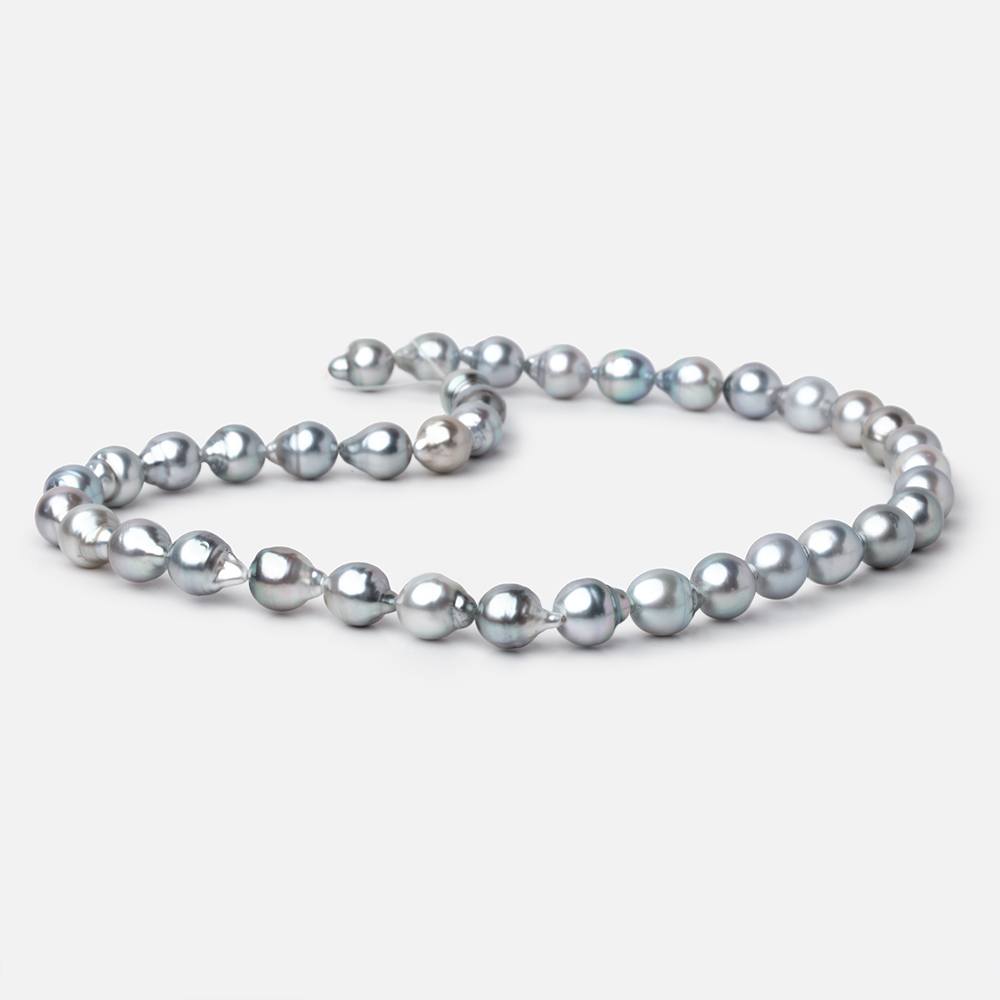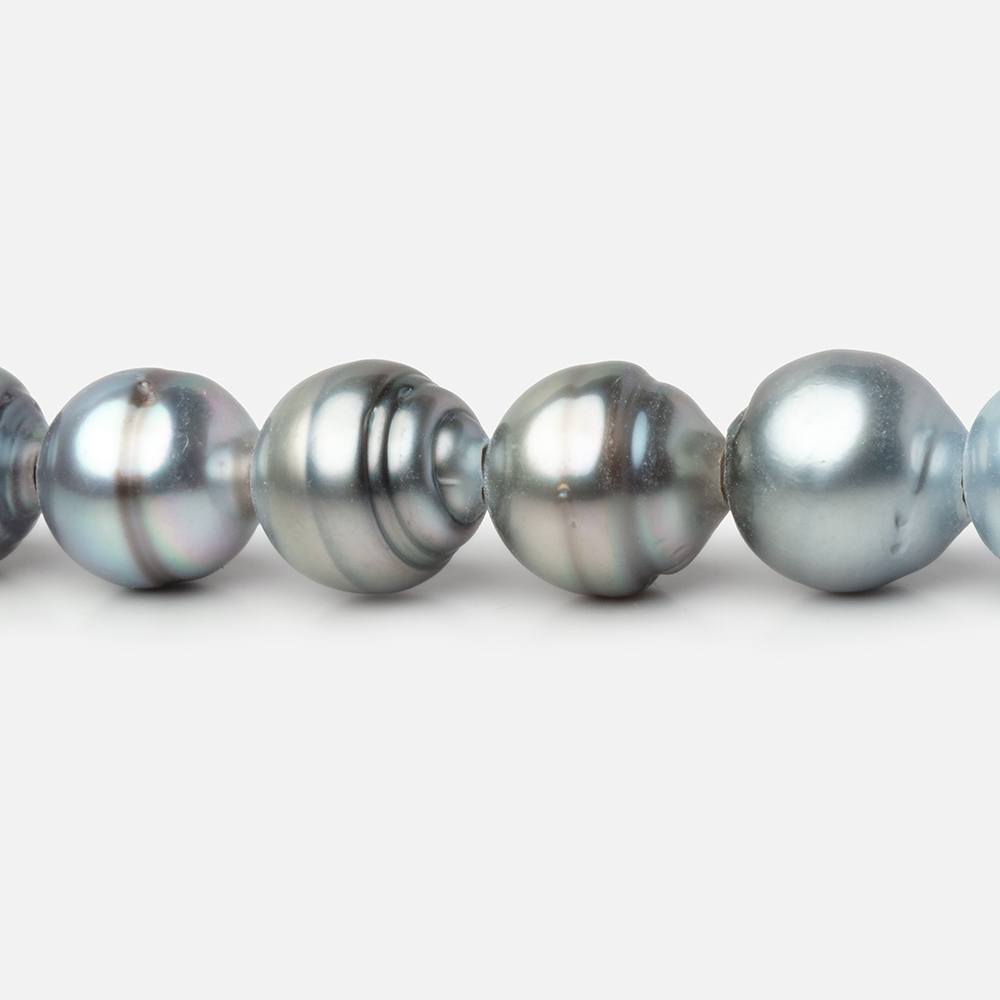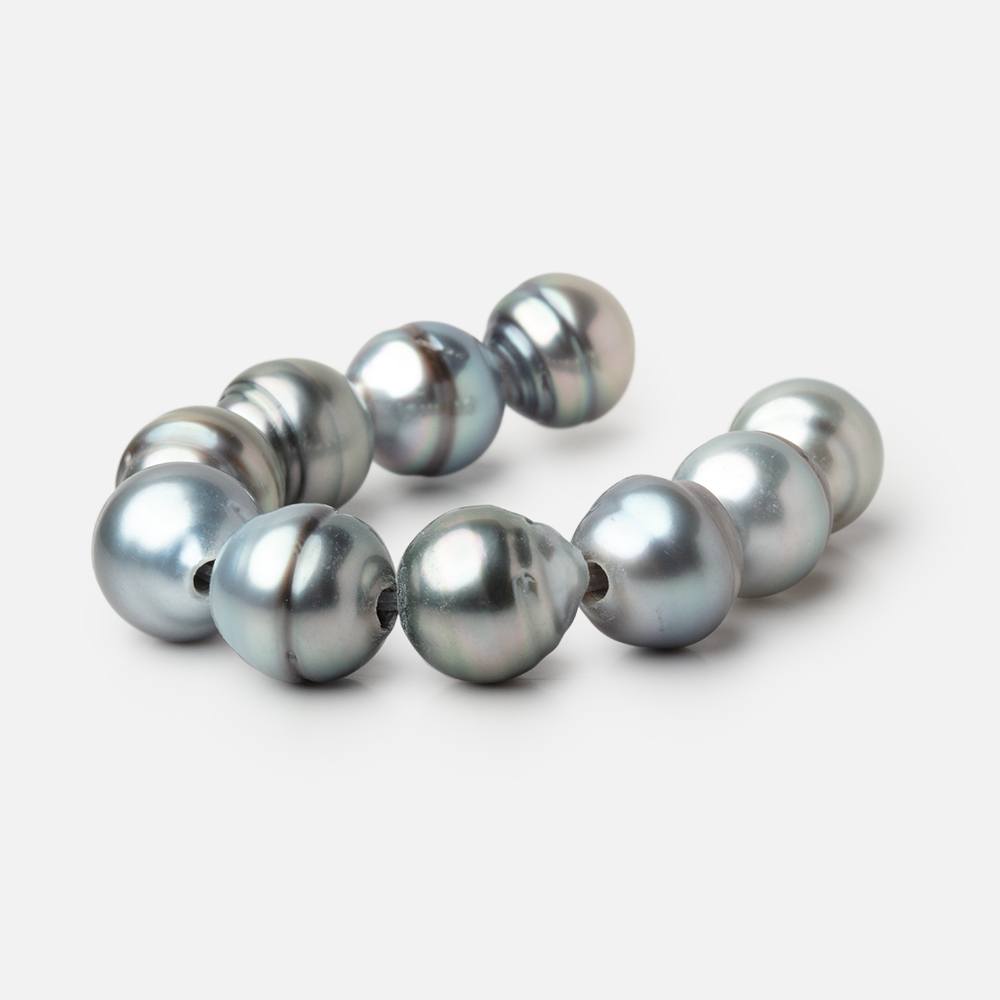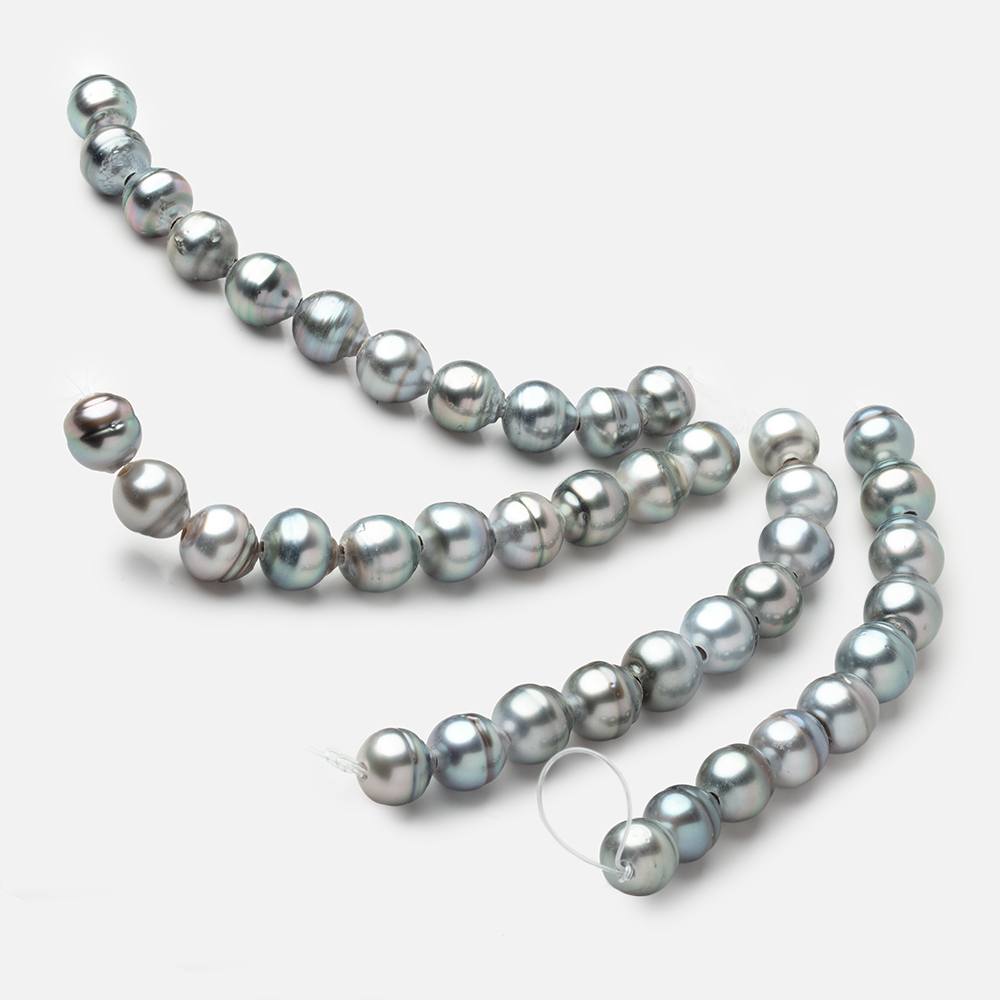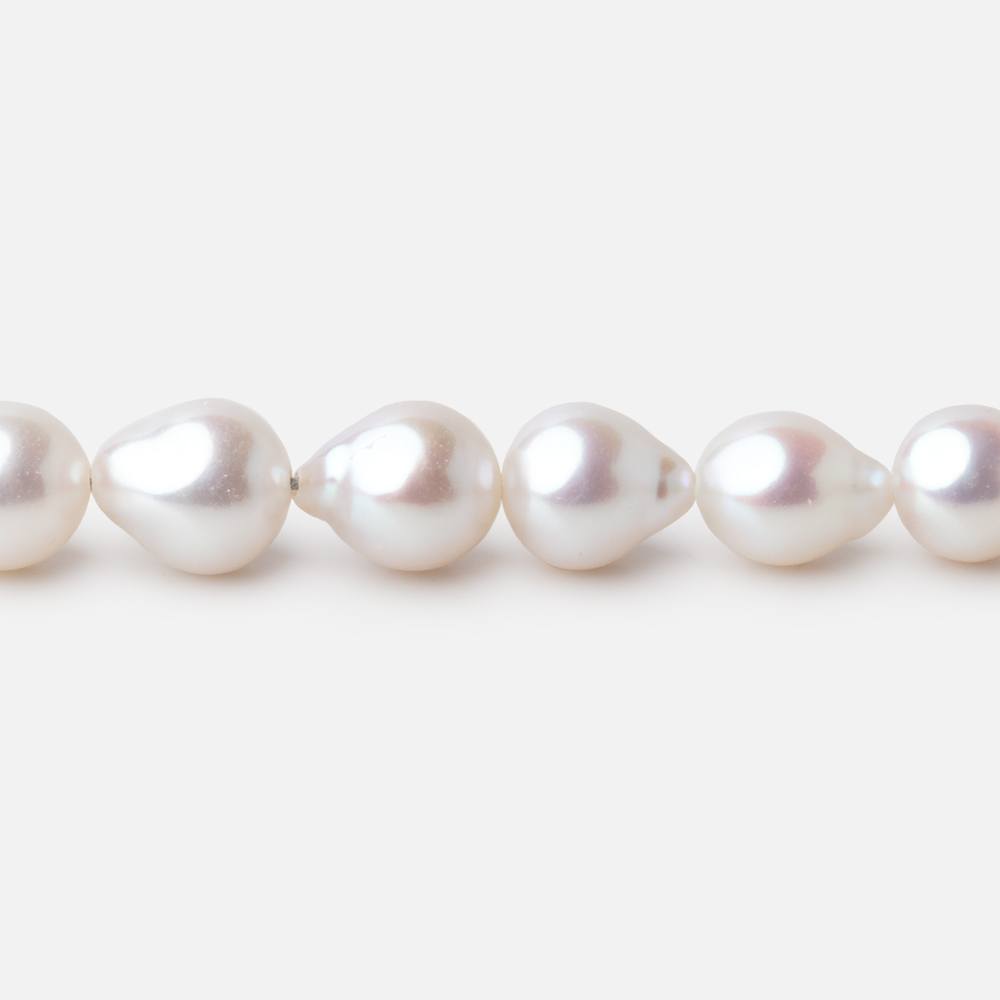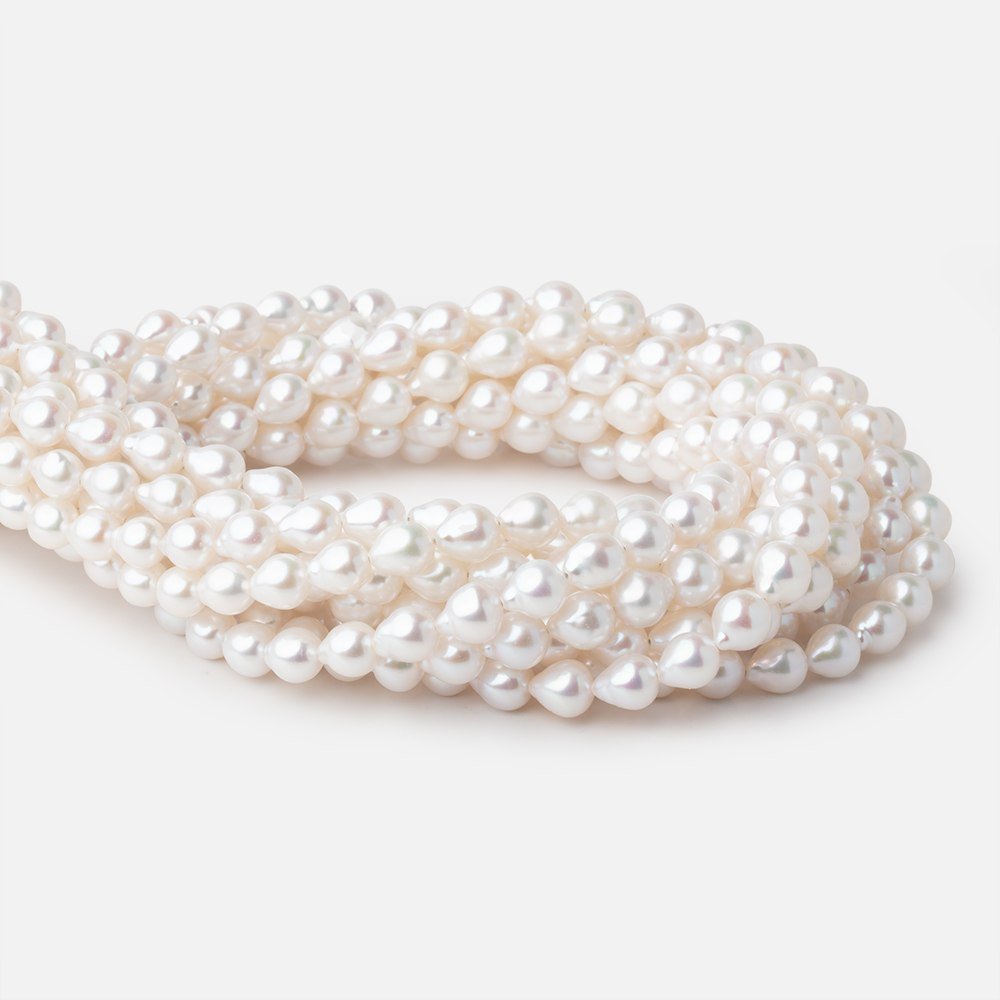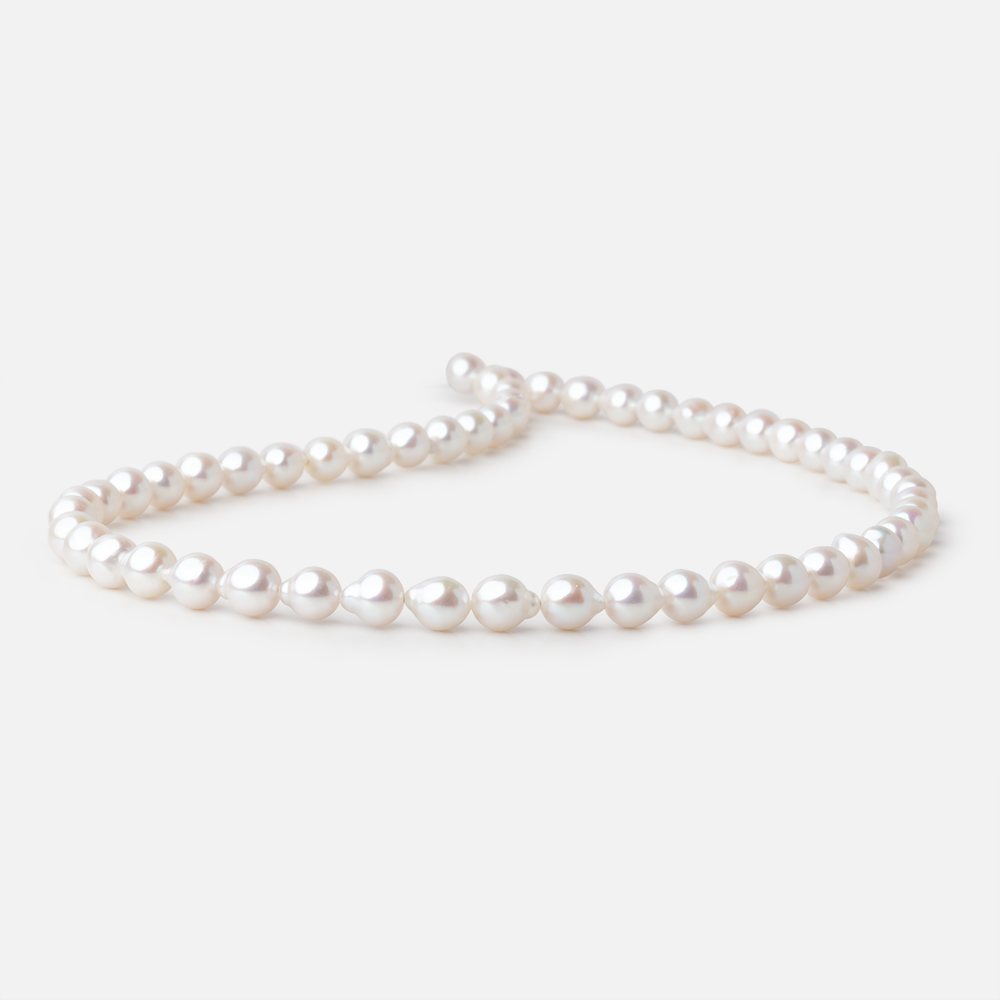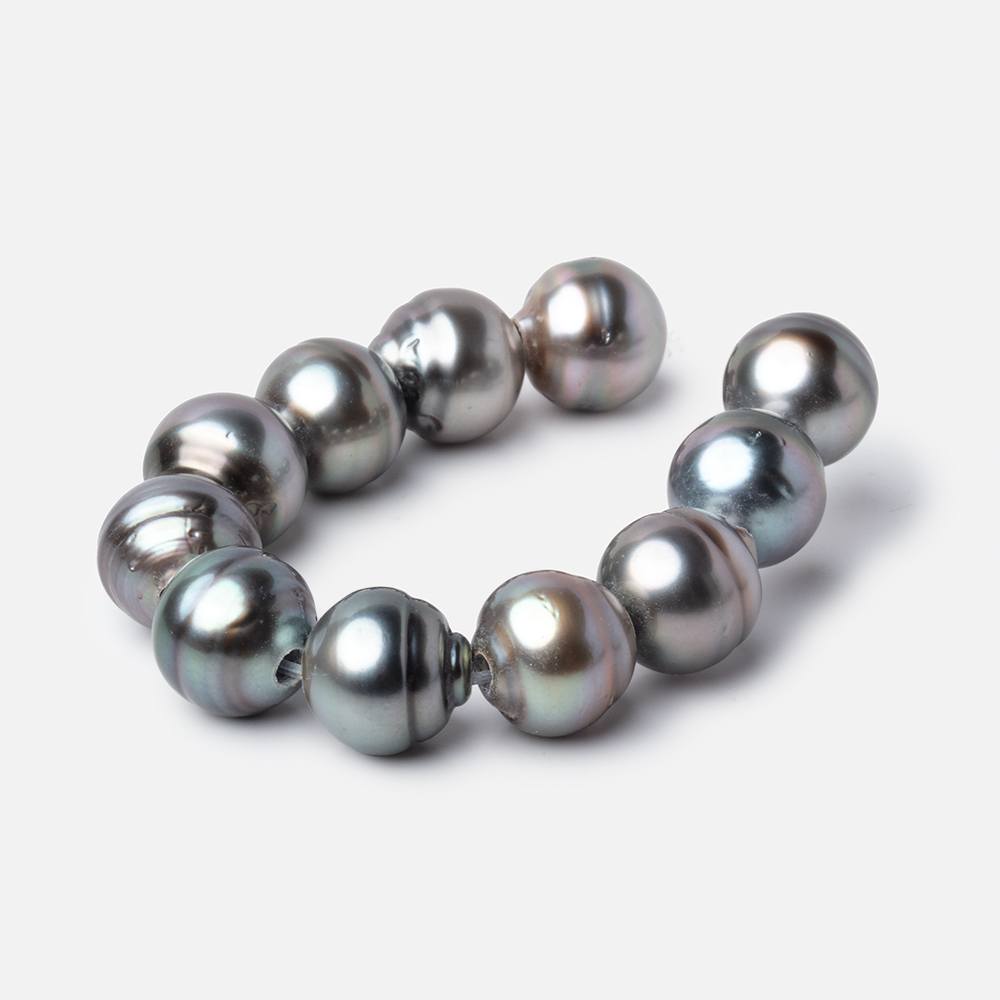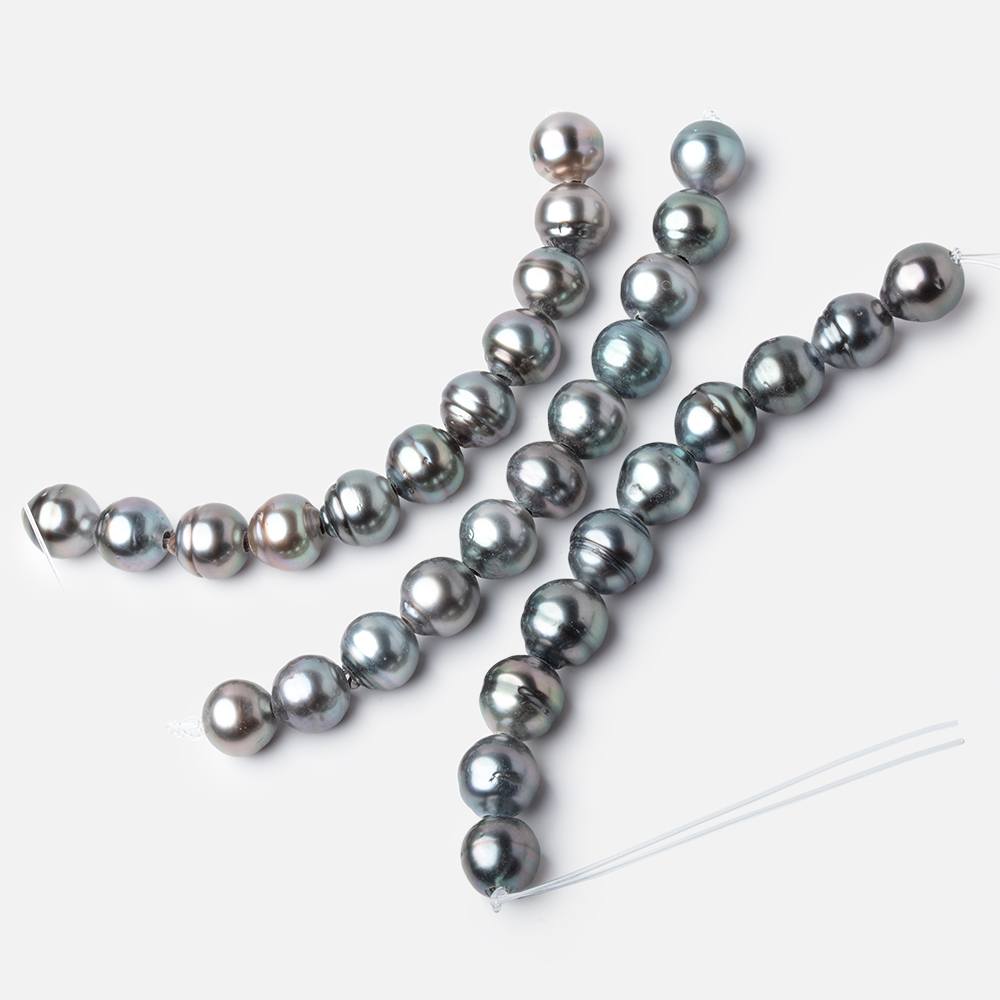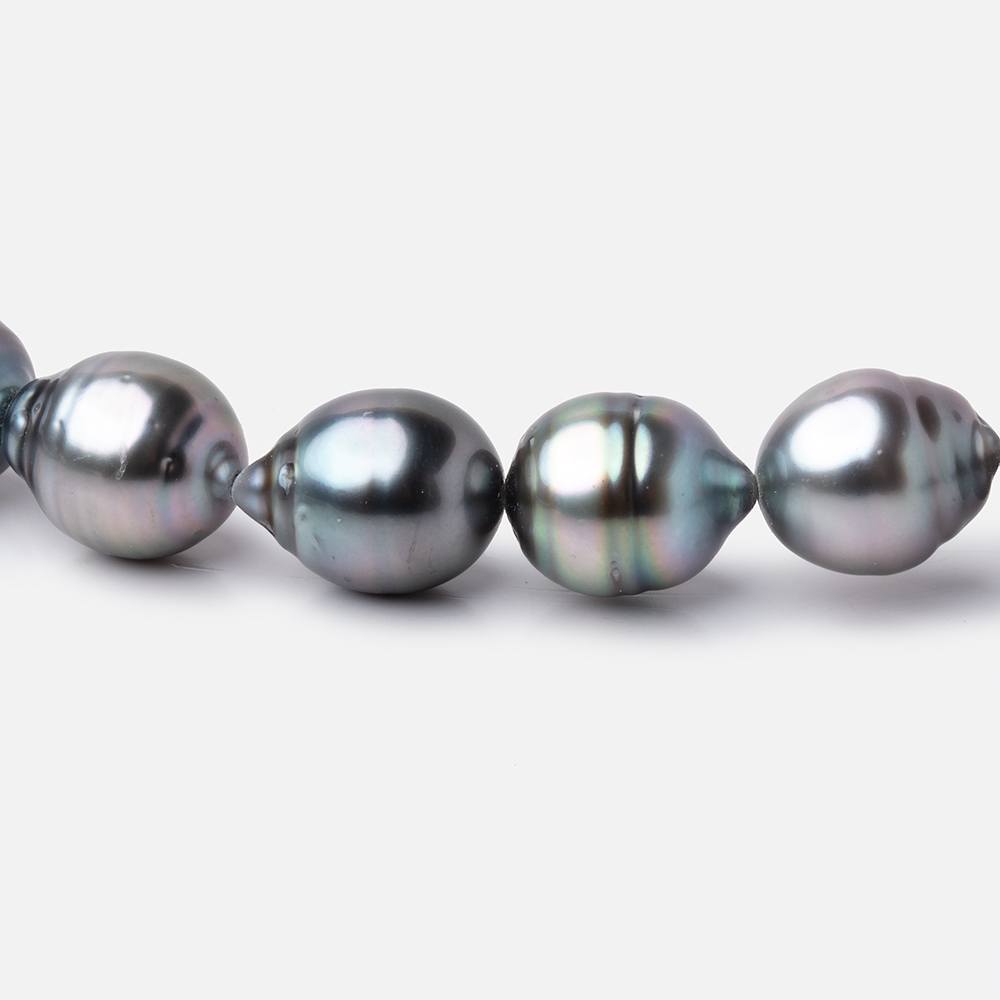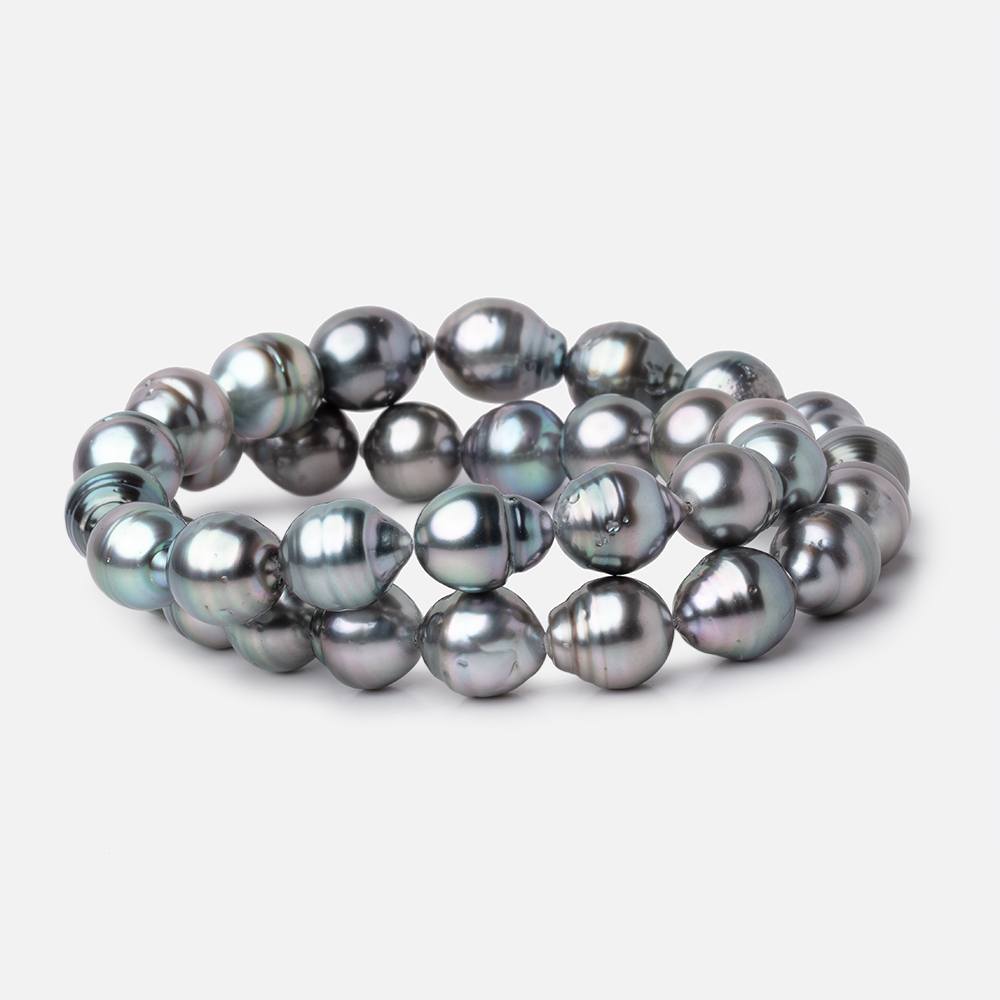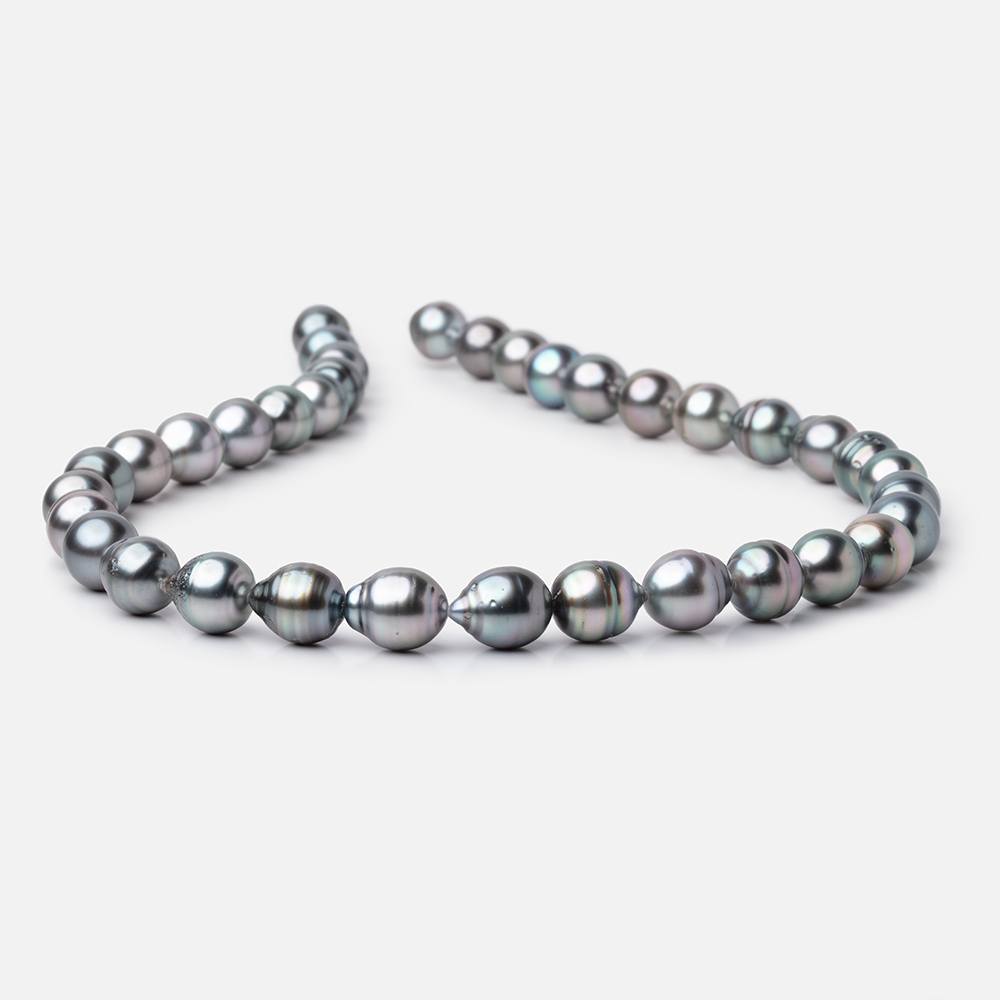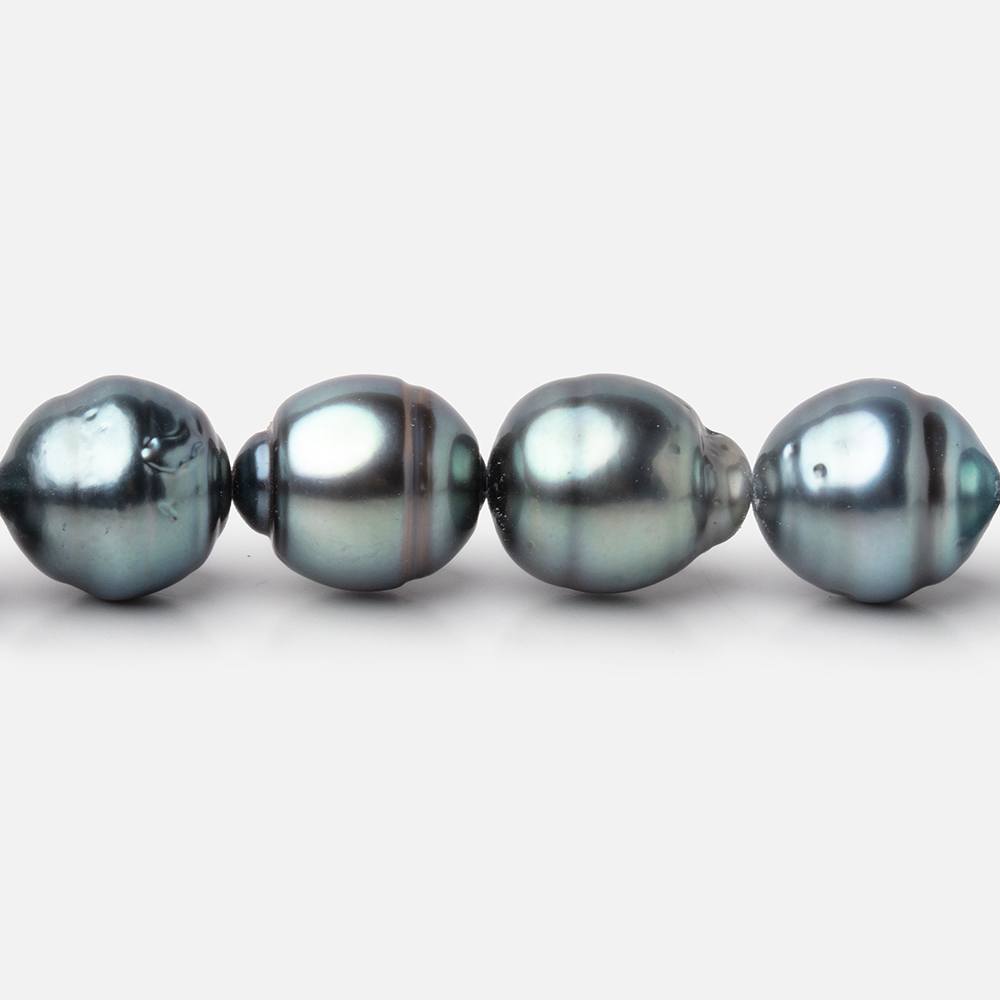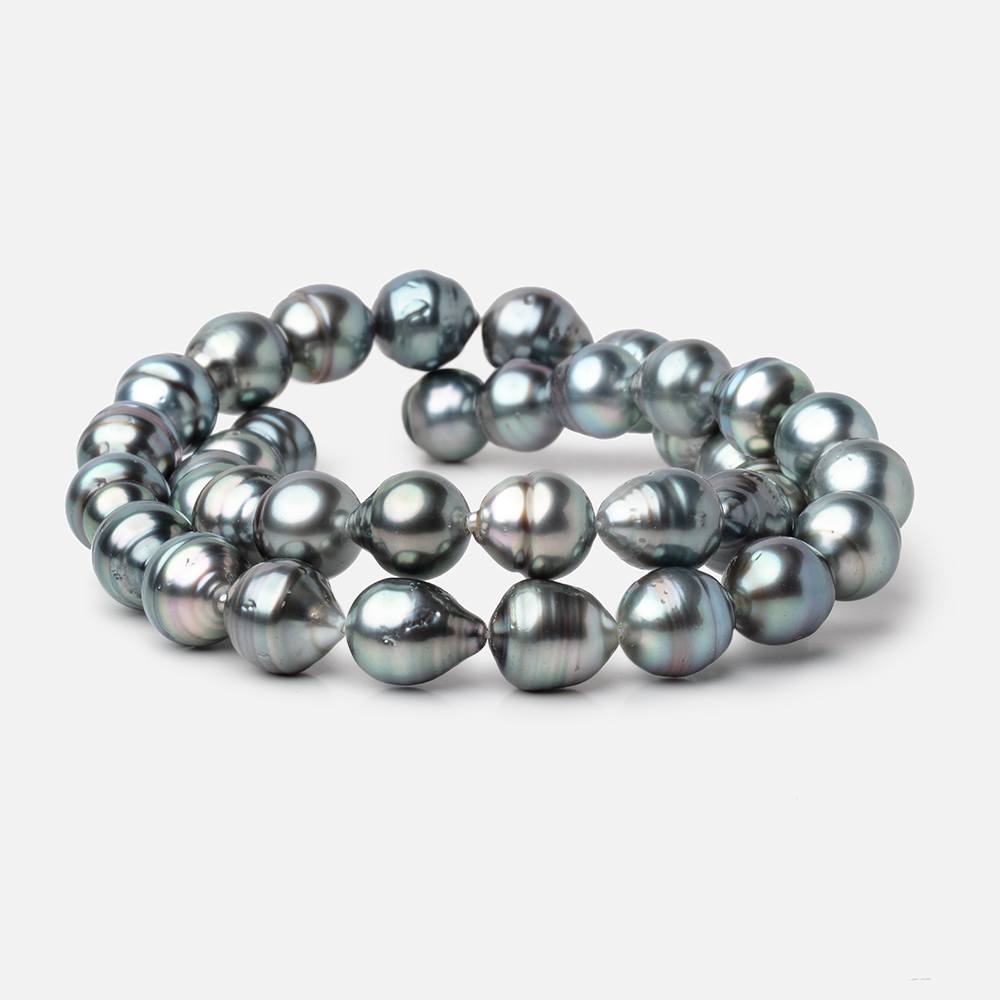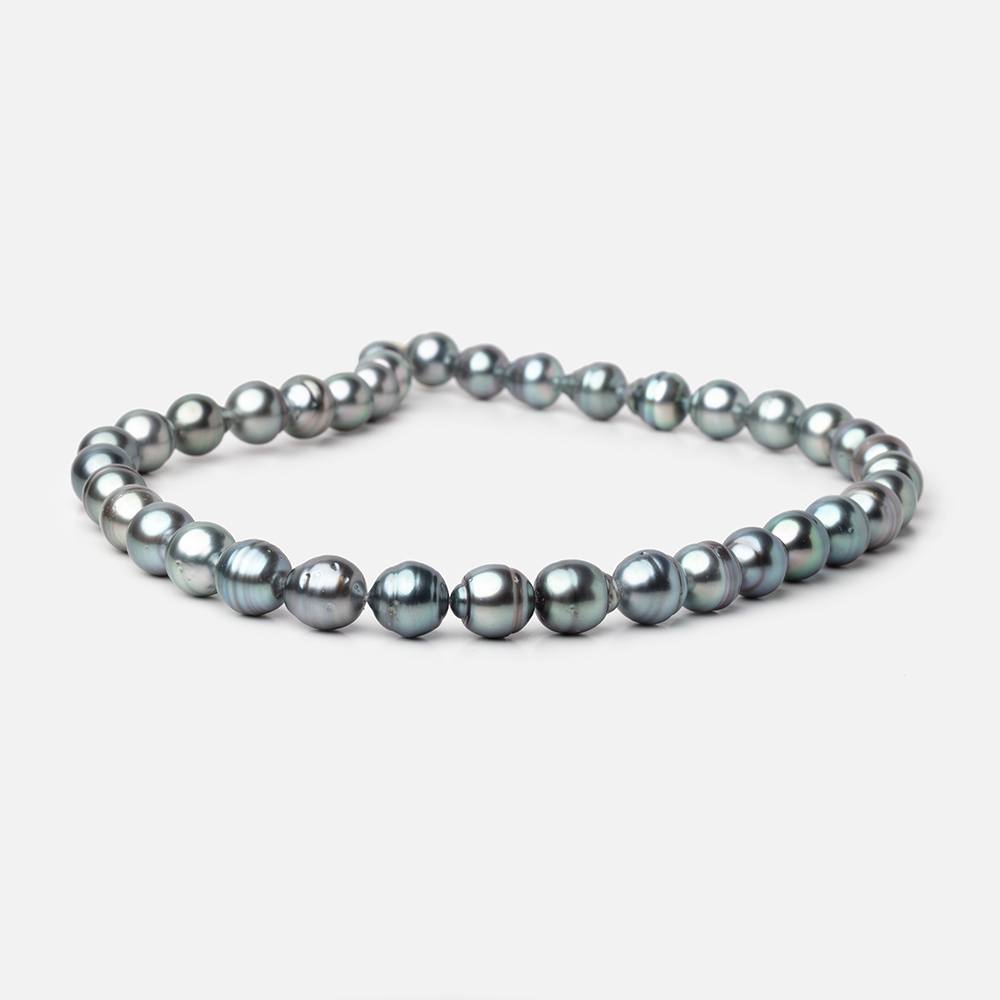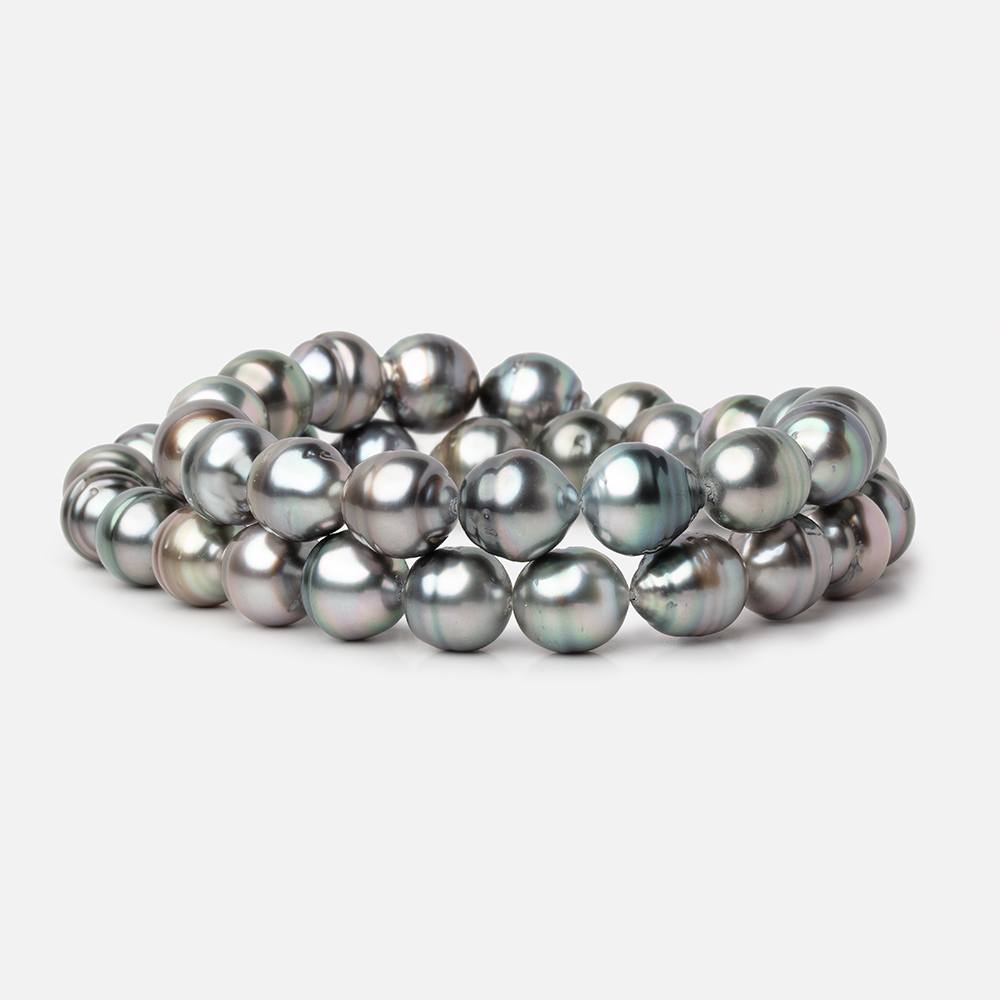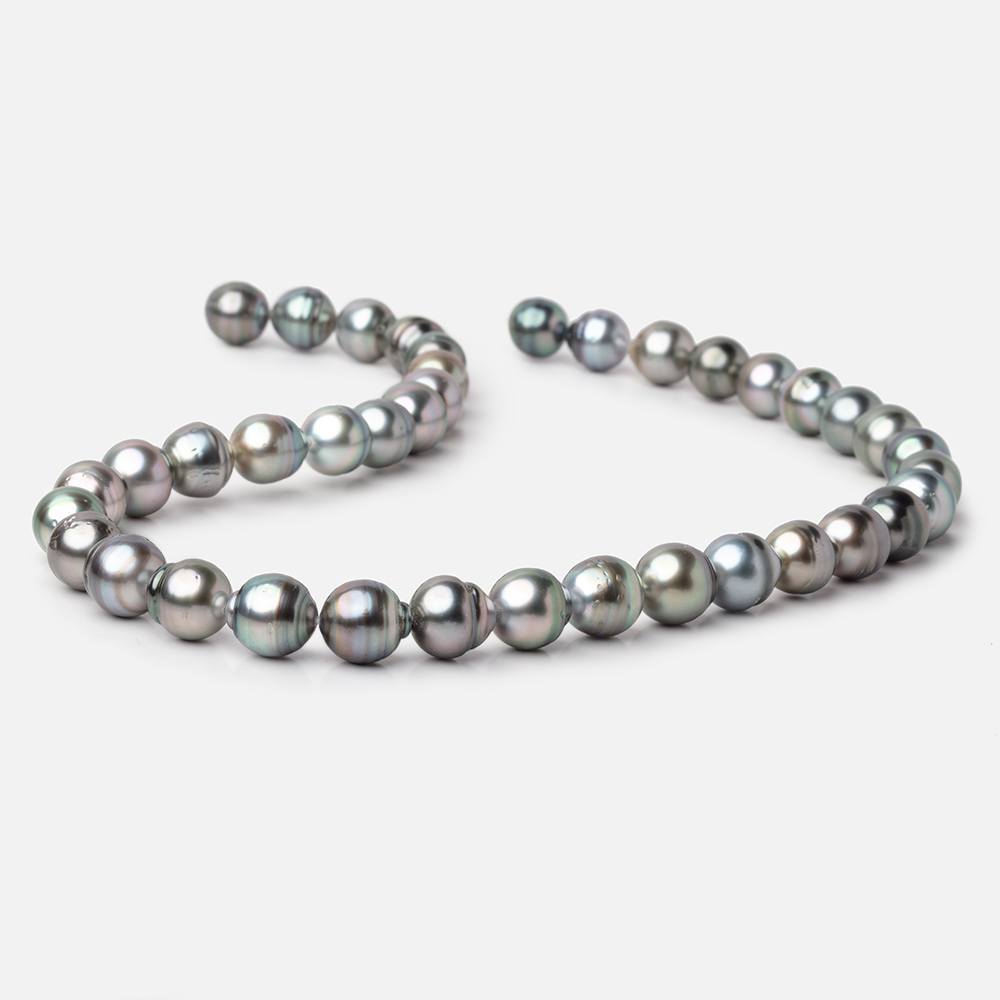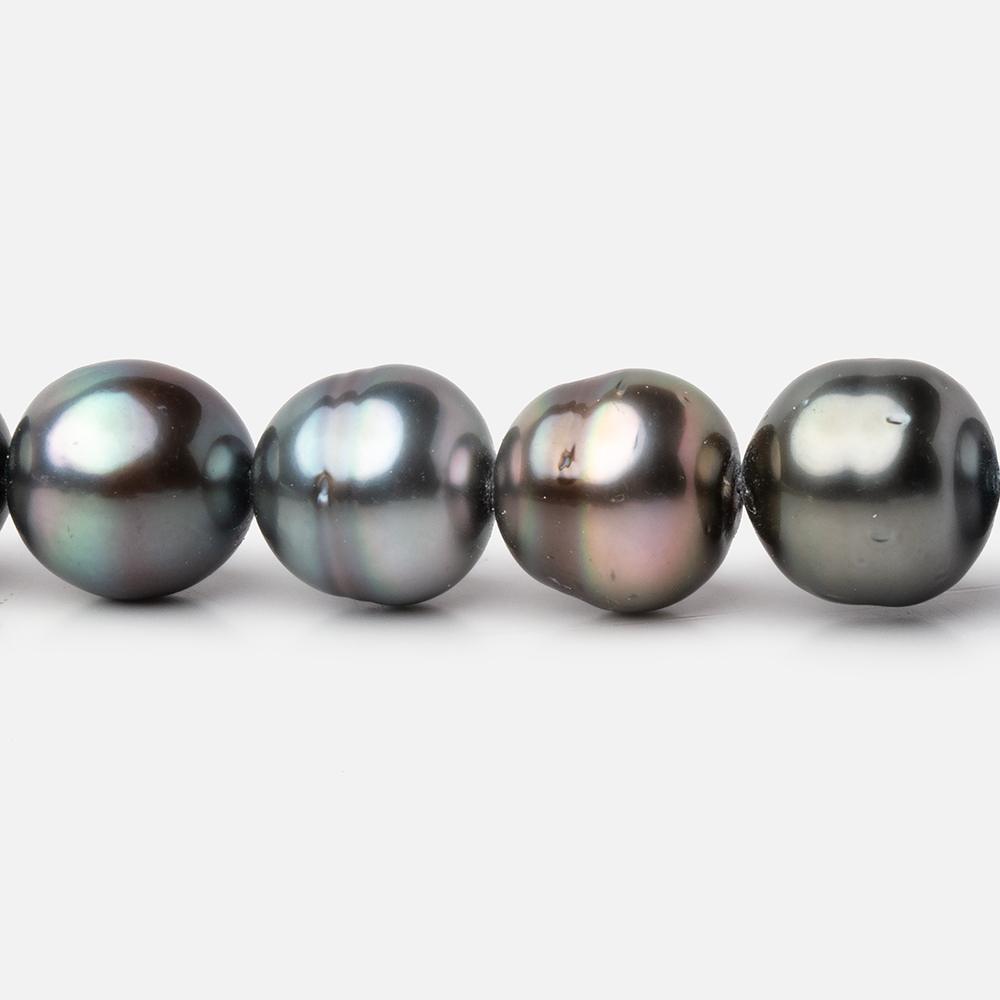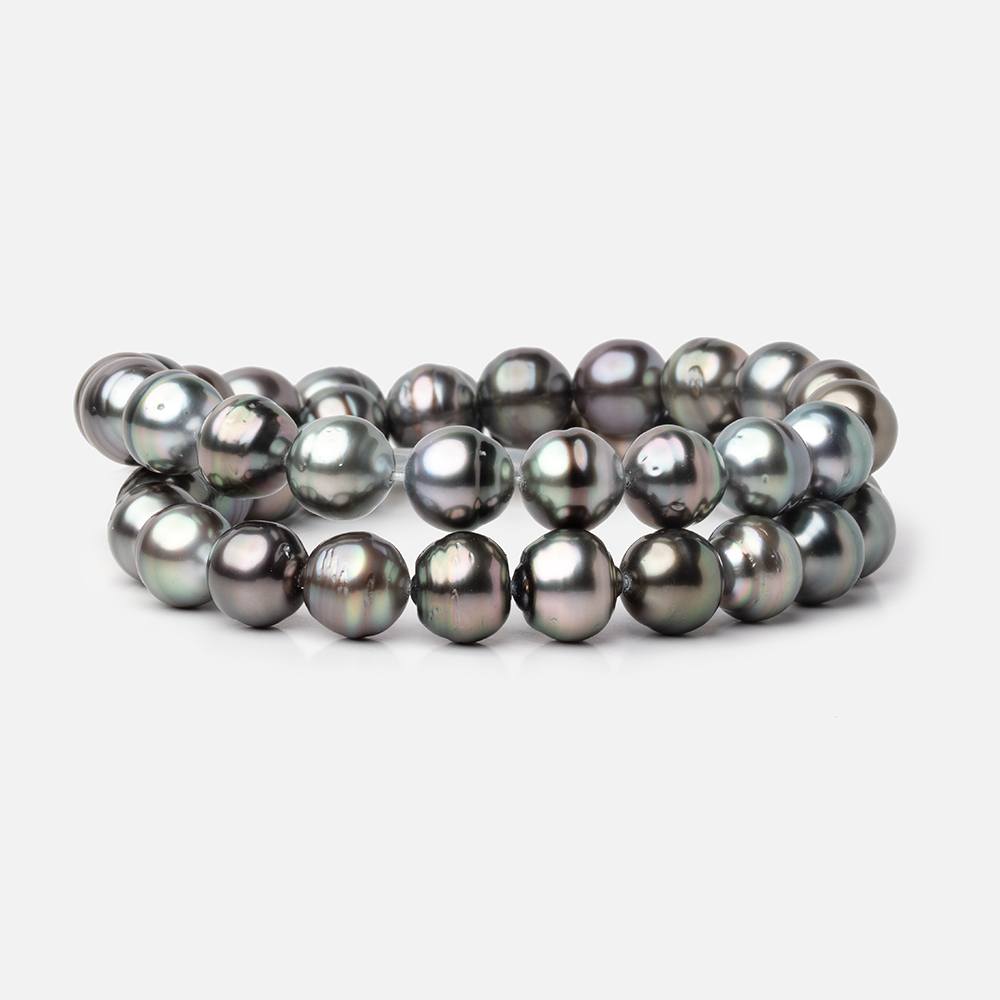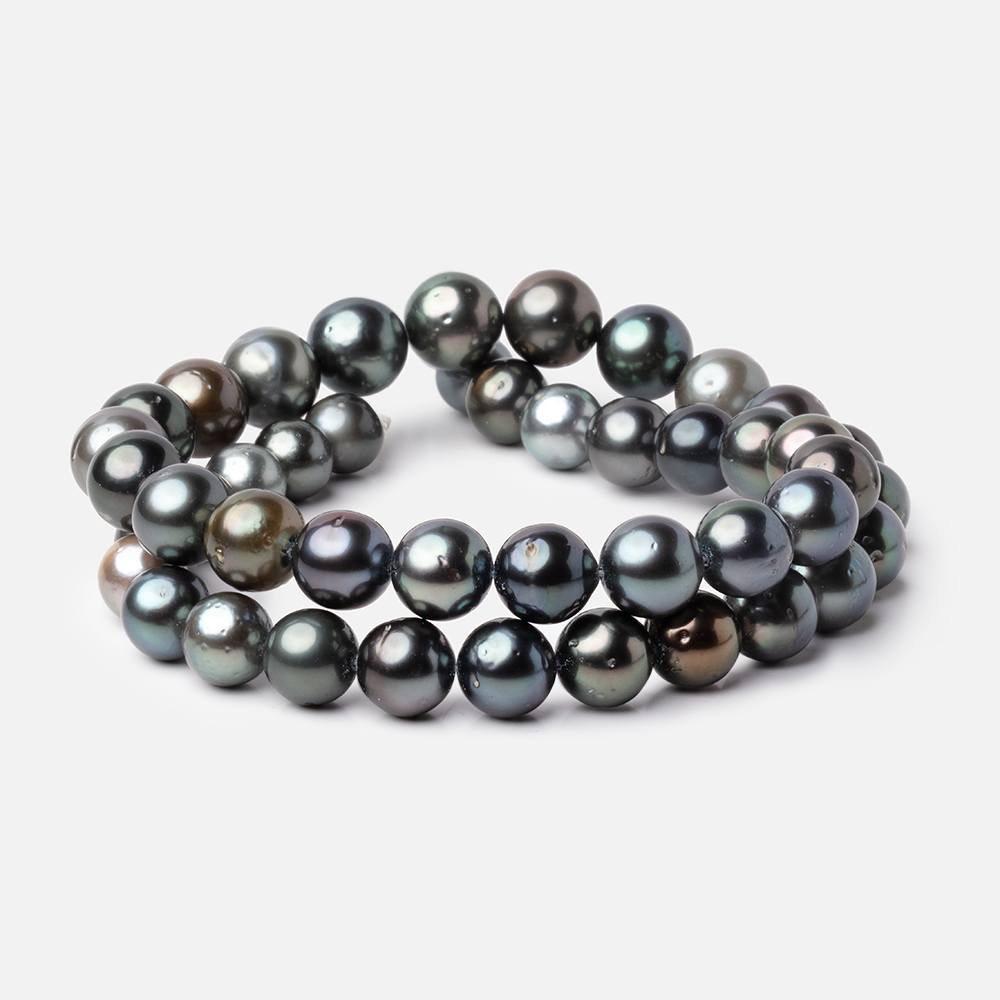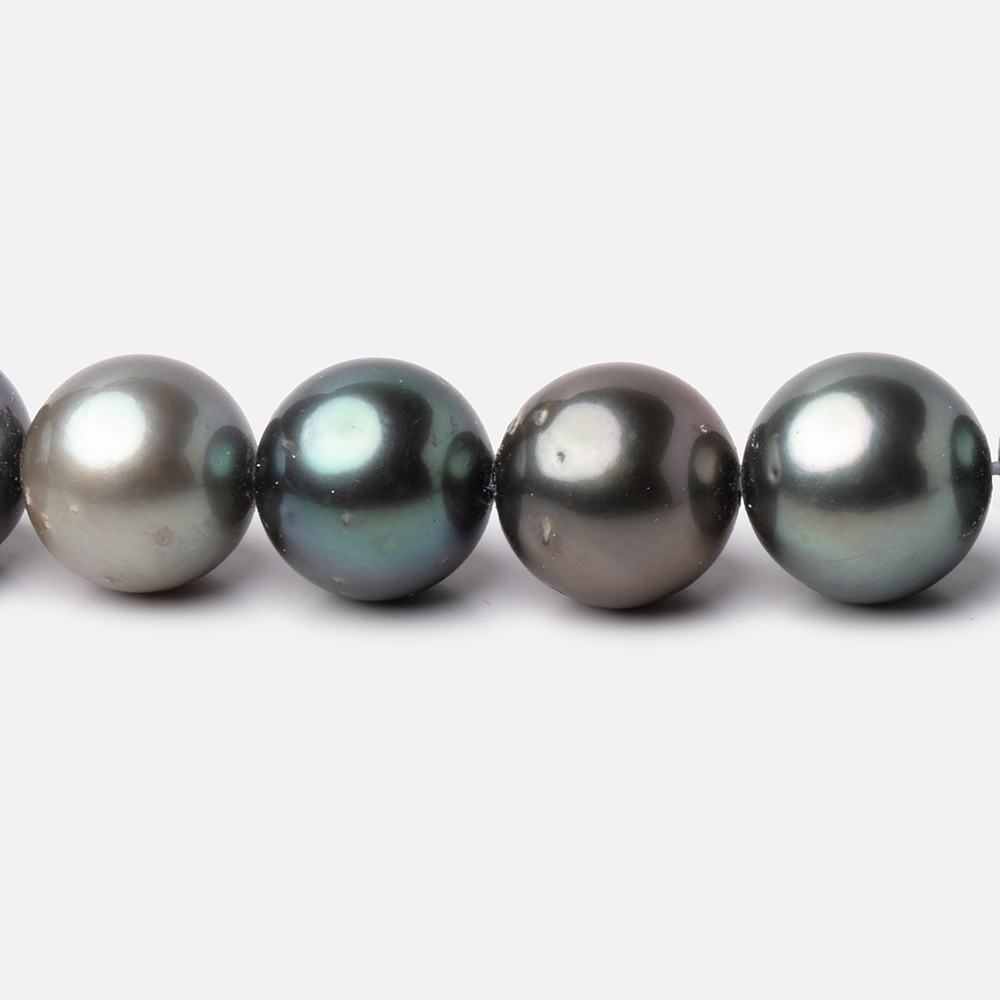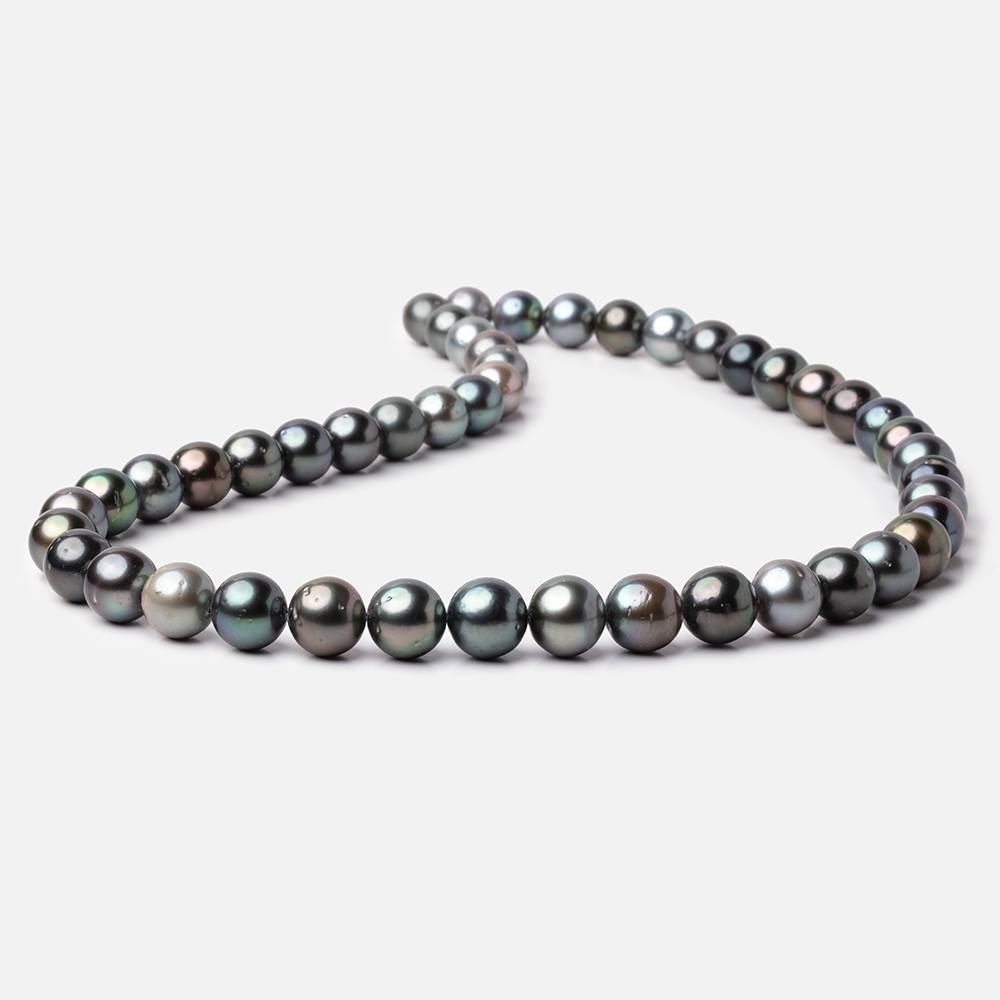Saltwater Pearls
Explore our Saltwater Pearls collection and bring timeless elegance to your jewelry designs. At Beads of Cambay, we understand that you want pearls that reflect your unique style, which is why we bring you thoughtfully sourced pieces. From bold statement necklaces to delicate accents, our Saltwater Pearls are crafted to give your designs the luxury and elegance they deserve. We make it easy for you to create jewelry that feels timeless and shines as brilliantly as your imagination.
What are Saltwater Pearls?
Saltwater pearls originate inside marine-weathered oysters and have a lustrous, smooth luster that often outweighs the value of most freshwater pearls. Being individually formed by natural process, no two will ever look identical, and thus every piece or strand is a one-of-a-kind treasure from below the depths of the sea. With their magnificent luster, these pearls are highly desired for high-end saltwater pearl fine jewelry pieces, wedding apparel, and treasured family keepsakes passed from one family to another.
Types of Saltwater Pearls
South Sea Pearls
South Sea pearls are highly sought after as they are large and have satiny luster. They come in natural shades from white through to gold. They make excellent selections for luxury pieces in fine jewelry.
Tahitian Pearls
Tahitian pearls are renowned for their lustrous, exotic colors, which often appear in colors of black, green, silver, or peacock. Their bright colors give contemporary settings to saltwater pearl pieces such that they became highly sought after by designers and collectors.
Akoya Pearls
Timeless and classic, akoya pearls display mirror-like luster and are best round. They are often featured in timeless designs such as strands, earrings, and pendants. They are smaller in size, though their bright luster makes them very recognizable.
Saltwater Pearls vs Freshwater Pearls
-
Size Comparison: Saltwater pearls, especially South Sea and Tahitian, typically grow larger than freshwater pearls. This contributes to their rarity and higher value.
-
Shape: Akoya pearls are often prized for their roundness, while freshwater varieties can have more variety in shapes.
-
Color Range: Saltwater pearls include natural colors such as golden, white, silver, deep gray, and black, whereas freshwater pearls generally feature pastel hues.
Value and Rarity of Saltwater Pearls
Natural saltwater pearls are rare finds in the gemstone trade. Oysters in the sea are created rarely, so they are scarce relative to cultured freshwater pearls. Their scarcity, in addition to their lustrous finish, causes saltwater pearls to command more value. Saltwater Pearl Jewelry made using these stones tends to get passed from one generation to another as a keepsake since their attractiveness never goes out of style.
How to Care for Saltwater Pearls?
Saltwater pearls require careful handling in order to maintain their luster. Store them in a satin pouch or jewel box at all times to protect them from possible scratches. Avoid placing them near strong perfumery or cosmetics, and take good care to wipe them clean with a damp cloth after use. Proper care will make your saltwater pearl piece sparkle for decades.
Buying Guide: Choosing the Right Saltwater Pearl
Buying strands or loose pearls from Beads of Cambay means investing in a piece of jewelry known for its luster, longevity, and sophistication. Quality is important to us, so that whatever your preference among Akoya, South Sea, or Tahitian pearls, you receive saltwater pearls that meet your creative and fashion ideals. With our collection, not only do you receive good craftsmanship, but also pearls with which you can create a piece of jewelry suitable for your style.
Saltwater Pearls - Frequently Asked Questions
Are Saltwater Pearls Always More Valuable Than Freshwater Pearls?
Yes, in fact, saltwater pearls are usually valued more highly by virtue of their scarcity, gorgeous luster, and specific method of growth. Of course, their value depends as well on other considerations like size, form, and general quality.
What Is the Rarest Color of Saltwater Pearl?
Golden South Sea pearls and peacock-hued Tahitian pearls are considered the rarest and most valuable colors in saltwater varieties.
How Do I Know if My Saltwater Pearl Is Real?
You know a true saltwater pearl by how it feels in your hand, with weight, touch, and surface all providing indications. Real pearls will have a bit of grittiness when rubbed lightly against your teeth, which is such a nice little test. Imitations feel smoother and less natural.
Which Type of Pearl Is Best for Investment?
South Sea and Tahitian pearls are typically considered to head the investing list by virtue of rarity, size, and consistent demand from luxury jewellery stores.
More questions regarding Saltwater Pearls? Call us at +1-877-255-5058 and get your queries solved right away. Our expert customer support team at Beads of Cambay is here to help.
Hear what customers are saying about our service and products!
We are rated 4.9 out of 5 stars. 3000+ Five-Star Reviews.





